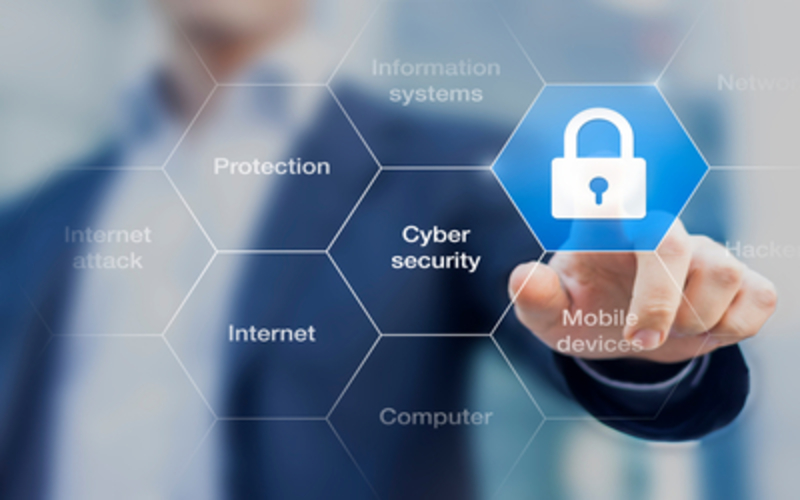
Safety Over Internet
Internet and Information security is the biggest and the utmost requirement of every individual on the planet. Whether you are running a small grocery store or managing a multinational corporation, controlling everything from cash flow to reports and confidential data is very important. Once stolen or lost can lead to damages and consequences unimaginable, from corporate pr nightmare to bankruptcy.
Yes all this is still possible in the age of digital transformation. The biggest upset and embarrassment is that of 50 firms in the US energy department struck hard by hackers and although they were managed and operated by Microsoft’s very own Azure services these hacks have tarnished the image of the great technology industry in the world today, leaving questions about the company’s security practices and reliability.
FireSheep
Researchers from the Creative and Social Technologies Unit there have been studying how users react when they are shown evidence that they are not as secure or private as they might think when using public wi-fi. They have been using an open-source tool called Firesheep released last October by a developer called Eric Butler, with the aim of alerting both websites and web users to a security threat.
Firesheep allows the hijacking of anyone's online accounts when they're using social networking sites on a public wi-fi network, and the Goldsmiths' team has been using it in various public places - though always after getting permission first from their targets. They ask these two questions:
1) Do you realize that you are susceptible to the use of software by a third party to get into your password-protected social networking identity? 2) Would you like me to show you?
A demo was conducted in an internet cafe in Cambridge, where the wi-fi network was protected by a password but the traffic flowing between users and various sites was not. What Firesheep does is to sniff out cookies, the files that tell any website that we are who we say we are. So once someone has logged on to their Facebook or Twitter account, the Firesheep user can grab those cookies as they fly across the network. And that's what the Goldsmiths team did, demonstrating to a series of people in the cafe that they could see their Facebook pages, update their Twitter status, even in one case read all of their e-mails from a webmail account. They reacted with surprise and alarm.
How often do you log onto the internet?
And how many of those times do you consider how your actions might impact your own safety and that of your family? How often do you think about being safe online? You may not give it much thought as you go about your daily tasks, but it's time to start!
A Few Statistics
91% of online adults use social media regularly. 69% of teens have their own computer. 73% of teens are on a social networking site. There are more devices connected to the Internet than there are people on the Earth
Scary Statistics
1/3 of kids online have been contacted by a stranger and half of these were inappropriate contact. 75% of youth who received an online sexual solicitation did not tell a parent. 81% of parents of online youth say that kids aren't careful enough when giving out information. 25% of teens have had an experience online that led to a face-to-face confrontation. From 2007-2009 MySpace deleted 90,000 accounts because they were created by registered sex offenders. 4,000,000 children are posting content to the web everyday.
Potential Dangers
1. Strangers gain access to your family's private information a. Home address b. Phone number c. School information d. Family location e. Other personal information that can help identify you or your family offline 2. Phishing scams 3. Spammers gain access to your email or messaging system & send viruses in the form of an email from you 4. Stalking or unwanted attention from strangers 5. Identity theft 6. Offline theft due to knowledge of homeowner's whereabouts 7. Discrimination based on personal views and beliefs 8. Exposure to bullying, hate or other negative materials 9. Exposure to inappropriate content for minors 10. Termination of employment due to inadvertently leaking sensitive work information or negativity towards an employer 11. Encouraging negative behaviors by providing easy and frequent access to negativity and poor behavior from others along with a sense of anonymity
Be Safe Online
Social media and other online platforms offer wonderful opportunities to connect with friends and family. They are a necessity for marketing your business and offer unbelievable opportunities when used correctly! Just remember, you can't take it back! Once you've published something online, it is available to other people and often search engines. You can delete it from your own sight but you can never retract it! Individuals and businesses alike have come face to face with this very hard reality. You've lost control of your voice and often your own personal photos and information. A careless comment, a thoughtless moment or an innocent photo can quickly turn into a nightmare for you!
Take a moment to take your own safety and reputation seriously. Understand who may be looking at what you post online and take the extra time to determine if you really want to share your personal thoughts, views and photos as part of a permanent record. If you wouldn't want to see it in the newspaper headlines tomorrow then reconsider posting it online today.


